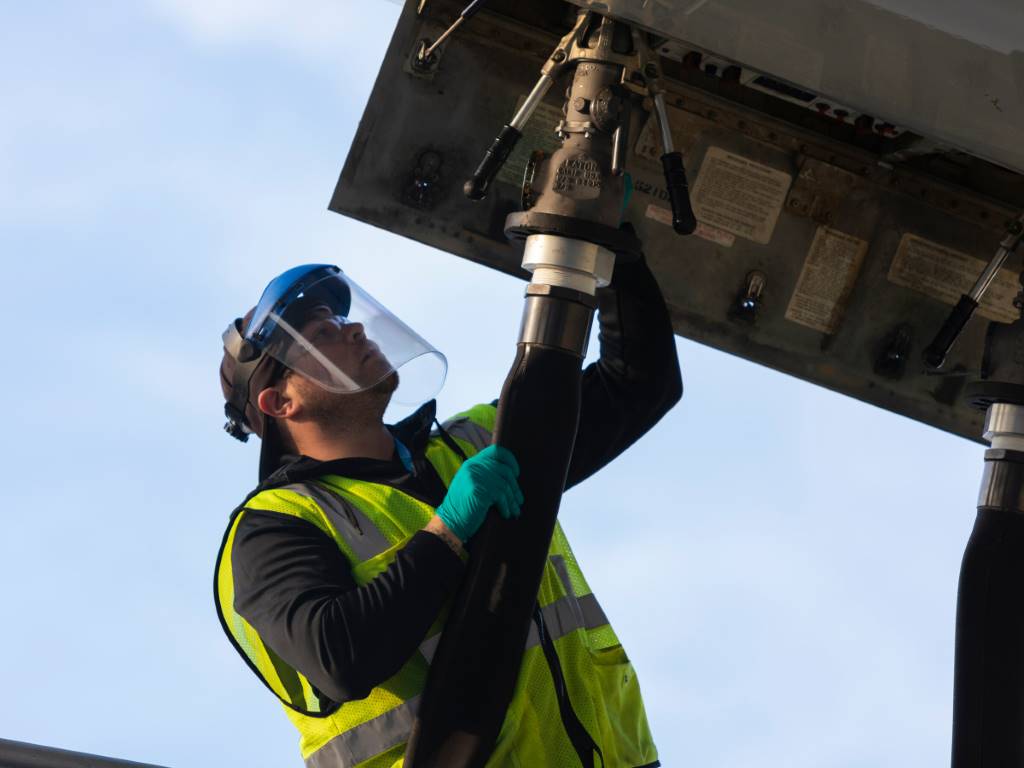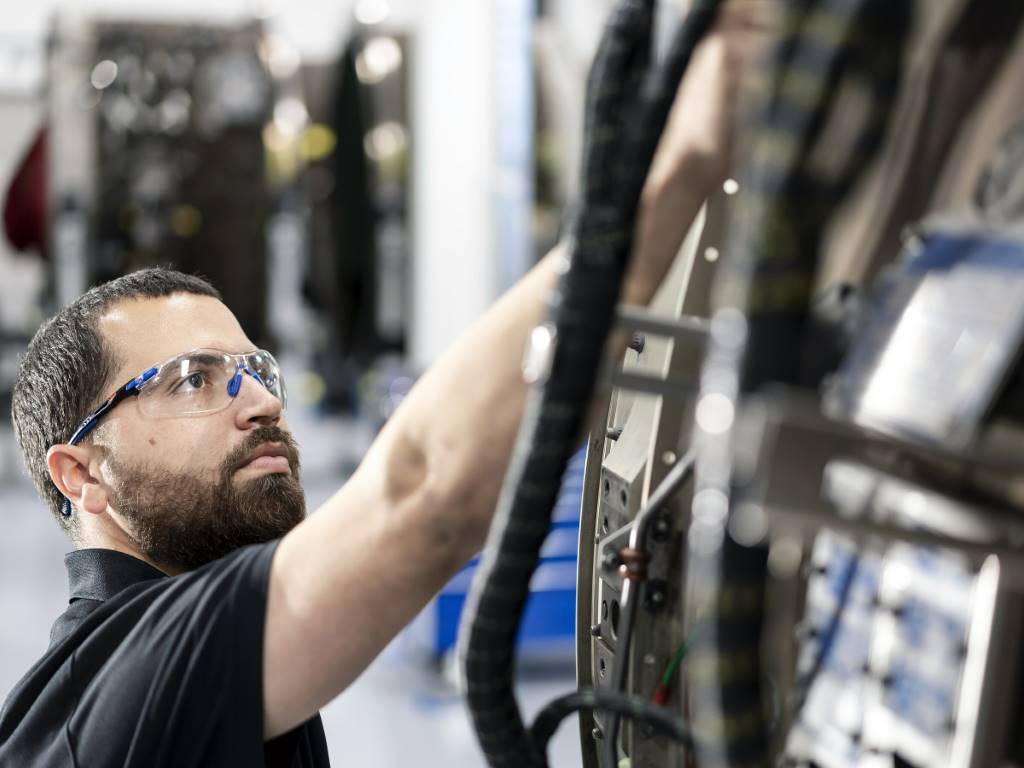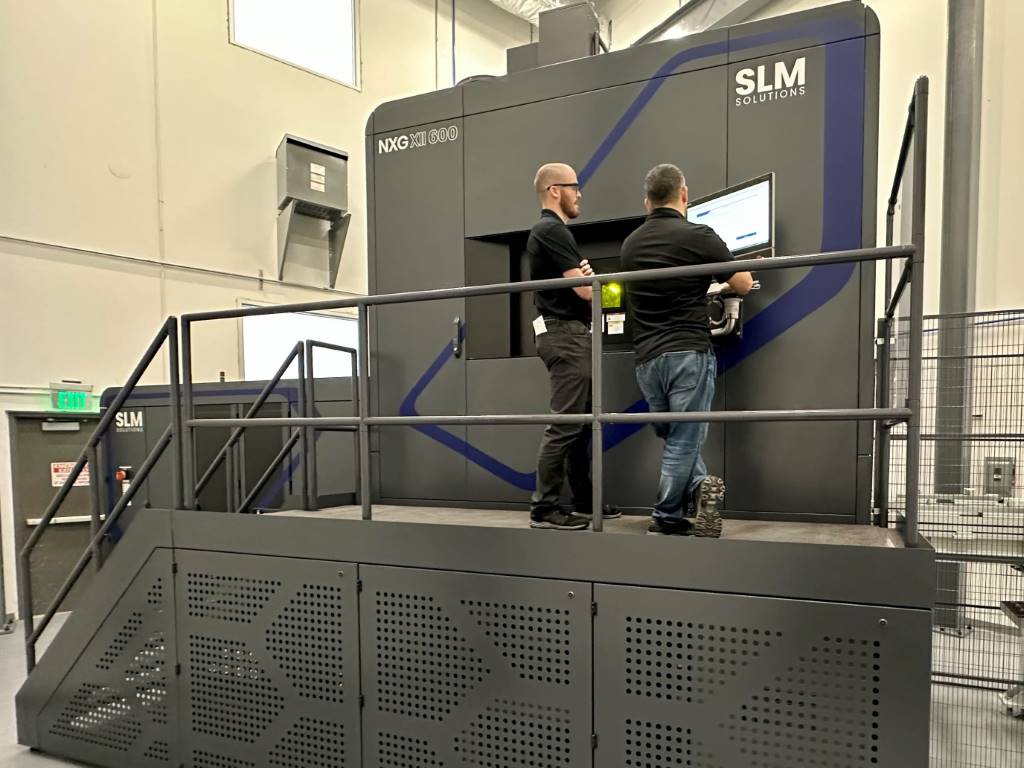India adds supply chain spice

Building supply chain bridges with India for the past 20 years, Jaivel Aerospace explains how it goes about operating a lean supply chain across a country getting to grips with aerospace manufacturing.
With almost 90 million domestic passengers in 2016, one and a half million engineers graduating every year and more than 850 business jets, small aircraft and helicopters added to the domestic fleet over the next five years, India’s aerospace industry is booming.
Figures show there has been a 10% rise in passenger numbers every year for the last decade and post-Brexit its significance for UK companies is even more compelling, for SMEs as well as global players.
Mansfield-based Jaivel Aerospace has been building bridges with India for the past 20 years. It understands the critical need for a lean supply chain – particularly for a small British company punching above its weight in the expanding Indian market.
The aerospace firm, which develops manufacturing technologies for aerostructures, engines, actuation systems, landing gear and satellites, prides itself on creating the best cost solutions for its clients, which include Airbus, Boeing and Rolls-Royce.
The company works hand in hand with its Indian suppliers to ensure they understand the complexities and accuracy needed in a sector where safety is the highest priority.
From the company’s international headquarters in the East Midlands, Jaivel Aerospace founder and CEO, Vipul Vachhani travels regularly to promote Anglo-Indian trade relationships at numerous international events.
Says Indian-born Vachhani, who studied mechanical engineering at Bangalore University: “There are real benefits to having components made in India for a wide variety of reasons, from lower costs of land and labour, through to support from the Indian government. But having the correct quality management systems and certification in place gives Indian engineers the recipe - but that doesn’t make them cooks.
“India has fully grasped the needs of the automotive industry and is now getting to grips with the more robust, zero defects and stringent safety requirements of the aerospace industry.
“They are catching up with the rest of the world at a phenomenal rate and manufacturers throughout the supply chain are incredibly keen and fast to learn, but they are still five years behind other countries with aerospace capabilities. This is why Jaivel works so closely with suppliers along the entire chain, helping them with the need for total accuracy. Our engineers and project managers will travel to and work with our suppliers to identify potential problems and help rectify existing ones.”
A vibrant skills base
At the Vibrant Gujarat Global Summit in January, Jaivel and Boeing announced a skills development programme to train frontline workers in micro, small and medium aerospace enterprises. In line with the national ‘Skill India’ initiative, the programme will establish a larger pipeline of skilled aerospace workers. Boeing expects a global demand of between 900 to 1,000 commercial aircraft, estimated to be worth a staggering £80 billion, over the next 20 years.
“It’s not just the supply chain that’s important,” Vachhani explains. “It’s also the availability of talented people. Through this skills programme with Boeing, Jaivel’s role in the local and global aerospace sector will expand, as we help to train future aerospace workers.”
Jaivel works as a sub-tier supplier for Boeing’s advanced commercial airplanes such as the 787, 777 and 737, as well as defence platforms like the AH-64 Apache attack helicopter. Boeing has been active in India for 75 years with its commercial aircraft providing the mainstay of India’s civil aviation sector, as well as being at the forefront of training Indian engineers.
“The rapid growth of civil aviation has put extreme pressure on the existing infrastructure and, as a result, the focus is now on modernisation of airports, communications, navigation and surveillance systems for air traffic management, radars, aircraft and sub systems,” states Vachhani.
He adds there is enormous potential and huge opportunities for collaboration in the aerospace sector in India with major global players actively investing significant resources to develop high performance supply chains.
The closely forged links between Jaivel and India, as well as Boeing and Airbus’s rapidly increasing footprint on the subcontinent, spells great news for everyone working in the British sector – from process innovations to a better skills base.
“Working with companies in a country as large as India means you have to run a tight ship, with a fast and accurate supply chain,” states Vachhani. “We have developed great relationships with Indian companies over the years and now we are able to help each other with new products and processes.”
Manufacturing parts for a range of aircraft from large commercial planes to regional, military and business jets, requires robust and stable manufacturing processes to maintain sub-10µm tolerances and surface finishes. Jaivel, which has offices and a manufacturing base in Rajkot in India, is at the forefront of not only for the aerospace industry, but also satellites.
Reaching for the stars
Hundreds of Jaivel satellite parts are in orbit today and for more than a decade it has been the preferred partner of the Indian Space Research Organisation, (ISRO) making everything from camera mountings to ultra-high accuracy filters.
And with civil aviation, defence spending and space exploration on the rise in India the opportunities are endless – and could help secure Jaivel’s order books post Brexit.
The UK’s Minister of State for Exiting the EU, David Jones recently said the sector was “six times” more productive than the rest of the economy and will be “at the heart” of post-Brexit opportunities, adding the industry was “crucial for building a new outward-looking Britain”.
“By forging close working links, supply chain conformity and a globally recognised skills base, India can play a role in future-proofing the UK aerospace industry,” Vachhani concludes. “By helping the Indian aerospace sector to grow we will be helping UK firms with access to one of the fastest expanding markets in the world.
“When we begin the process of leaving the EU it will be imperative to make the most of the connections we already have in places like India. The more integrated we become, the better the outcome for the UK post Brexit.”










